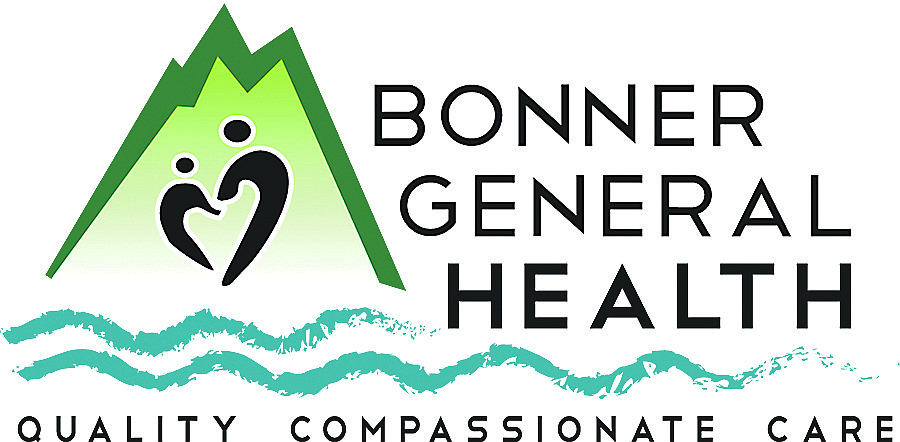15 tips for a healthy bladder
The cartoon shows a little girl watching a little boy peeing on a tree. The bubble over her head says, “That’s a clever gadget to bring to a picnic!”
There are hundreds of jokes about urinating. But bladder health isn’t something to laugh at. So, despite the National Institute on Aging saying, “people rarely talk about bladder health;” today that’s exactly what we’re going to do.
“As people get older, the bladder changes,” they explain. “The elastic bladder tissue may toughen and become less stretchy. A less flexible bladder cannot hold as much urine as before and might make you go to the bathroom more often. The bladder wall and pelvic floor muscles may weaken, making it harder to empty the bladder fully and causing urine to leak.”
You can’t control everything, but the following tips are shared to help you keep your bladder as healthy as possible.
1. Use the toilet often. NIA suggests trying to urinate at least once every three to four hours. “Holding urine in your bladder for too long can weaken your bladder muscles and make a bladder infection more likely.”
WebMD tells us that our bladder can hold about four cups of pee. “When it’s full, nerve endings there send signals to your brain. When you’re ready to go, the bladder walls tighten, and a valve-like muscle opens to let the liquid out.”
2. NIA tells us that relaxing the muscles around the bladder will make it easier for it to empty. For women that means not hovering over the toilet seat but sitting down on it.
Which brings up number 3, which is to take enough time to fully empty the bladder. “Rushing when you urinate may not allow you to fully empty the bladder. If urine stays in the bladder too long, it can make a bladder infection more likely,” NIA says.
4. Women should wipe from front to back to keep bacteria from getting into the urethra. This is particularly important after a bowel movement.
5. Men and women should urinate after sex. “Sexual activity can move bacteria from the bowel or vaginal cavity to the urethral opening. Both women and men should urinate shortly after sex to lower the risk of infection,” NIA advises.
6. Know that doing pelvic floor, aka Kegel, exercises can help prevent leaking when you cough, laugh, sneeze or urgently need to go. Daily exercises can strengthen the muscles that help empty the bladder which in turn may help avoid infections
7. Wear cotton underwear and loose-fitting clothes. According to NIA, “Tight-fitting pants and nylon underwear can trap moisture and help bacteria grow.”
8. NIA says to exercise regularly. It not only helps prevent bladder problems but can also prevent constipation. It can also help you maintain a healthy weight.
And number nine is what? Yup. 9. Maintain a healthy weight. Overweight people might be at a higher risk for leaking urine.
10. “Some people with bladder problems find that some foods and drinks, such as sodas, artificial sweeteners, spicy foods, citrus fruits and juices, and tomato-based foods, make bladder problems worse. Changing your diet may help you feel better,” NIA says.
11. Keep hydrated. Since more than half of our body is made up of water, it’s important that we drink enough fluids in order to urinate every few hours. Your primary care provider can help you determine how much water is enough based on your lifestyle.
12. Alcohol and caffeinated beverages can bother the bladder and increase symptoms like frequent or urgent need to urinate. Also, if you have bladder problems, alcohol can make them worse.
13. “Avoid constipation. Too much stool built up in the colon can put pressure on the bladder and keep it from expanding the way it should. Eating plenty of high-fiber foods, drinking enough water and being physically active can help prevent this from happening,” NIA says.
14. Stop smoking. Bladder problems, including bladder cancer, are more common among those who smoke. So, quit. Period.
15. Last, but not least, NIA says you should know your medications and their side effects.
Now you know as much as I do about bladder health. If you’re looking for a PCP call Bonner General Family Practice at 208-255-2221.
Kathy Hubbard is a member of Bonner General Health Foundation Advisory Council. She can be reached at kathyleehubbard@yahoo.com.

